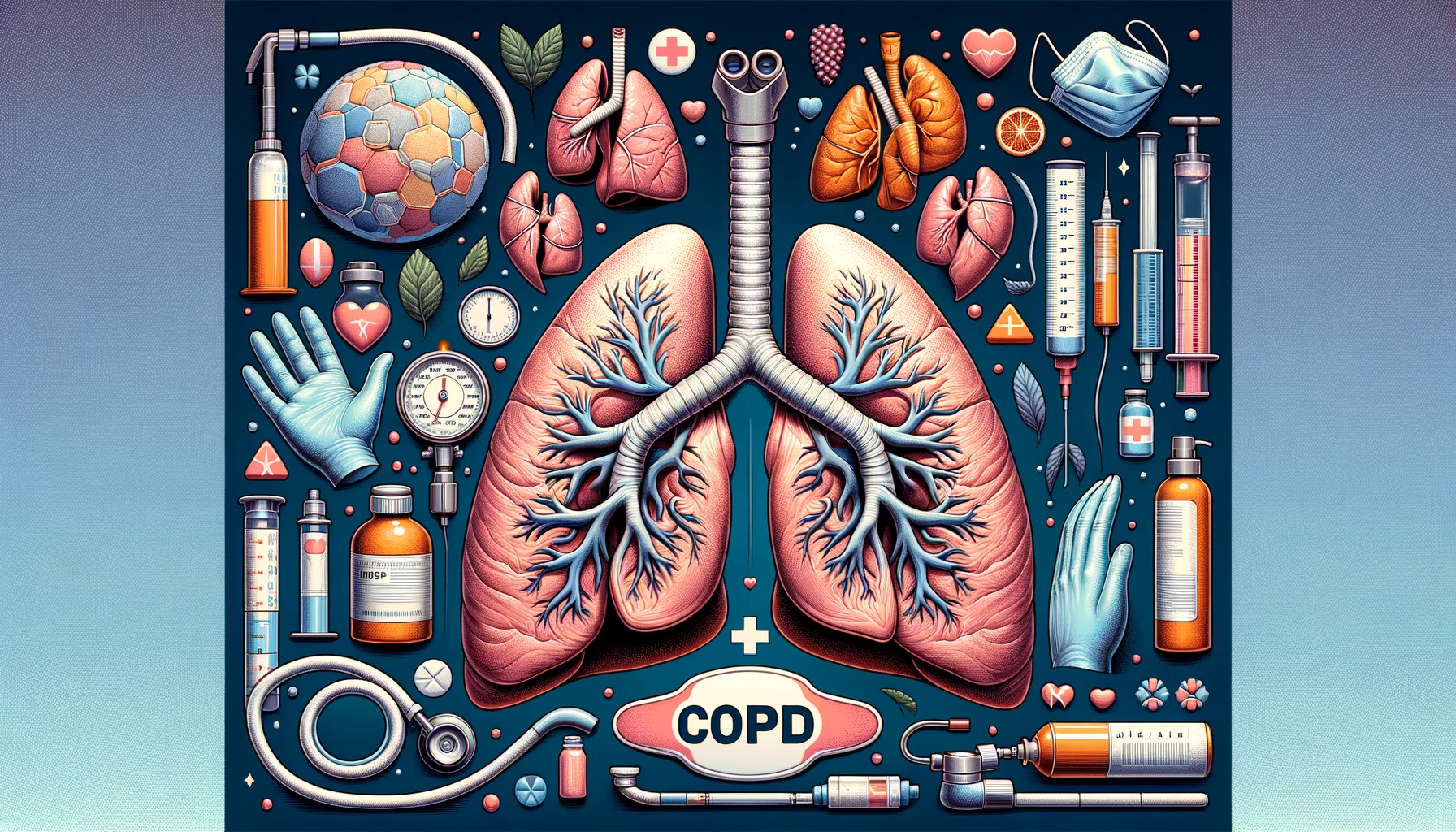Mental illness encompasses a wide range of mental health conditions that affect mood, thinking, and behavior.

Blog
Prevention of Mental Illness: Strategies and Importance
Mental illness encompasses a wide range of mental health conditions that affect mood, thinking, and behavior. Common types of mental illnesses include depression, anxiety disorders, bipolar disorder, and schizophrenia. These conditions can significantly impact an individual's quality of life, daily functioning, and overall well-being. Prevention of mental illness focuses on reducing the risk factors and enhancing the protective factors that contribute to mental health.
Preventing mental illness is crucial for improving overall health, enhancing quality of life, and reducing the burden on healthcare systems. Early intervention and preventive measures can help individuals maintain mental wellness, avoid the onset of mental health disorders, and manage stress more effectively.
Preventive strategies can help individuals lead more fulfilling lives by maintaining good mental health and reducing the risk of mental illness.
Prevention can lower the long-term costs associated with treating mental health disorders and reduce the economic burden on individuals and society.
Good mental health contributes to better performance at work and school, increased productivity, and improved relationships.
Early intervention and education are fundamental components of preventing mental illness. Raising awareness about mental health and providing resources for early detection can significantly reduce the prevalence and impact of mental health disorders.
Educating the public about mental health, the signs and symptoms of mental illness, and available resources can promote early detection and intervention. Schools, workplaces, and community organizations can play a pivotal role in disseminating this information.
Implementing regular mental health screenings in schools, workplaces, and healthcare settings can help identify individuals at risk of mental illness and provide timely support and intervention.
Training healthcare providers to recognize early signs of mental illness and provide appropriate referrals and support can improve outcomes for individuals at risk.
Adopting a healthy lifestyle is essential for maintaining good mental health and preventing mental illness. Healthy habits can enhance physical health, reduce stress, and improve emotional well-being.
Consuming a nutritious diet rich in fruits, vegetables, whole grains, and lean proteins can support brain health and reduce the risk of mental health disorders. Omega-3 fatty acids, found in fish and flaxseed, are particularly beneficial for mental health.
Engaging in regular physical activity can boost mood, reduce anxiety and depression, and improve overall mental well-being. Exercise releases endorphins, which are natural mood lifters.
Ensuring sufficient sleep is crucial for mental health. Sleep deprivation can exacerbate symptoms of anxiety and depression and impair cognitive function. Establishing a consistent sleep routine and creating a restful sleep environment can improve sleep quality.
Social support is a critical factor in preventing mental illness. Building and maintaining strong support systems can provide emotional support, reduce feelings of isolation, and enhance resilience.
Cultivating healthy relationships with family and friends can provide a strong support network. Open communication and spending quality time together can strengthen these bonds.
Joining support groups or community organizations can provide a sense of belonging and offer valuable peer support. Support groups for specific mental health conditions can be particularly helpful.
Seeking help from mental health professionals, such as therapists, counselors, and psychiatrists, can provide essential support and guidance. Regular therapy sessions can help individuals develop coping strategies and address underlying issues.
Chronic stress is a significant risk factor for mental illness. Learning to manage stress effectively can reduce its impact on mental health and prevent the onset of mental health disorders.
Practicing mindfulness and meditation can help individuals stay present, reduce stress, and improve emotional regulation. Regular mindfulness practice can enhance mental clarity and resilience.
Techniques such as deep breathing, progressive muscle relaxation, and yoga can promote relaxation and reduce stress levels. Incorporating these practices into daily routines can improve mental well-being.
Effective time management and prioritizing tasks can reduce stress and prevent burnout. Setting realistic goals and taking regular breaks can enhance productivity and mental health.
Social determinants of health, such as socioeconomic status, education, and access to healthcare, play a significant role in mental health. Addressing these factors can help reduce the risk of mental illness and promote mental wellness.
Providing access to quality education and employment opportunities can improve mental health outcomes. Education and stable employment can enhance self-esteem and provide financial security.
Ensuring access to affordable healthcare, including mental health services, is crucial for preventing and managing mental illness. Public health policies should prioritize mental health care access.
Creating safe and supportive environments in communities, schools, and workplaces can reduce stress and promote mental health. Policies that address discrimination, violence, and social inequality are essential.
Preventing mental illness requires a multifaceted approach that includes early intervention, education, healthy lifestyle choices, strong support systems, effective stress management, and addressing social determinants of health. By implementing these strategies, individuals and communities can enhance mental well-being, reduce the risk of mental health disorders, and improve overall quality of life. Proactive measures and a holistic approach to mental health can help prevent the onset of mental illness and promote long-term mental wellness. Regular check-ups with healthcare providers and adherence to recommended mental health practices are crucial for maintaining optimal mental health and well-being.
Preventing mental illness is crucial for improving overall health, enhancing quality of life, and reducing the burden on healthcare systems. Early intervention and preventive measures can help individuals maintain mental wellness, avoid the onset of mental health disorders, and manage stress more effectively.
Early intervention and education are fundamental components of preventing mental illness. Raising awareness about mental health and providing resources for early detection can significantly reduce the prevalence and impact of mental health disorders.
Chronic stress is a significant risk factor for mental illness. Learning to manage stress effectively can reduce its impact on mental health and prevent the onset of mental health disorders.
Need Personalized Health Guidance?
Get expert advice tailored to your specific health needs from our qualified healthcare professionals.





